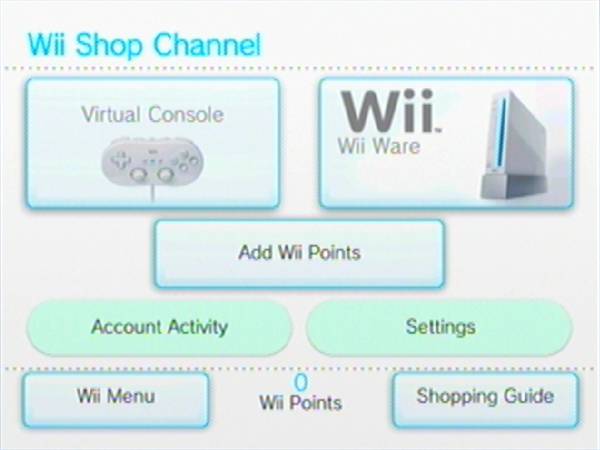 With Sony launching the download-only PSP Go next month and Microsoft recently launching premium game downloads over Xbox Live, the seeds are planted for a fully digital future.
With Sony launching the download-only PSP Go next month and Microsoft recently launching premium game downloads over Xbox Live, the seeds are planted for a fully digital future.
For the most part, I’ve viewed this as a good thing, but an editorial by Jim Sterling at Destructoid today gave me pause. Entitled “Fearing the future of digital distribution,” Sterling argues that digital distribution, for all its convenience, will come at a price. Game publishers will dominate the marketplace, Sterling writes, offering no refunds, no used game sales and “no accountability whatsoever,” merely because they can. I disagree.
The current behavior of Microsoft and Sony make for inviting red flags in Sterling’s argument. The Xbox 360’s Games on Demand — downloadable games that also sell at retail — are often more expensive to download than they are on disc. And Sony will sell downloadable PSP games that cost more than their boxed counterparts. “The games industry will set its own price at whim, and without any more alternatives, consumers will have no choice but to pay whatever they’re told to pay or simply stop buying games altogether,” Sterling writes.
The problem with this is that it’s based on limited examples. Though Sterling acknowledges that doom-and-gloom is only one possible outcome, it’s hardly the most likely.
Downloads won’t dominate unless consumers endorse the idea, and that requires incentives. Without a reason to go digital — for instance, better value over a hard copy, or rewards for loyalty — consumers will stick with Gamestop. Publishers, in turn, won’t fully commit to digital because there’s no market for it.
Even if console makers slowly grab more market share with downloads, to the point that physical media is out of the equation, it won’t mean the end of competition. In fact, it’ll create more of it. I see a future where a gaming console isn’t only about the best graphics and most exclusive games, but how much value exists in the digital marketplace.
The store that treats its customers the best and offers the most incentive to shop will prosper, while the oppressor will find a smaller audience overall. That’s nothing to be afraid of.
 Despite a growing stack of unplayed or unfinished video game discs in my living room, I spent a good chunk of last weekend playing Bastion, a downloadable Xbox Live Arcade game.
Despite a growing stack of unplayed or unfinished video game discs in my living room, I spent a good chunk of last weekend playing Bastion, a downloadable Xbox Live Arcade game.
 When Microsoft launched Xbox 360 Games on Demand in August 2009, it had the air of a clothing store with nothing but last year’s inventory. All the game downloads were at least a year older than their retail counterparts, and some dated back to the console’s launch.
When Microsoft launched Xbox 360 Games on Demand in August 2009, it had the air of a clothing store with nothing but last year’s inventory. All the game downloads were at least a year older than their retail counterparts, and some dated back to the console’s launch.
 Just days before Call of Duty: Modern Warfare 2 is released, several digital retailers have
Just days before Call of Duty: Modern Warfare 2 is released, several digital retailers have  Peter Molyneux, the ever-mouthy creator of the Fable video game series, is spouting off about video game demos and why they’re worthless.
Peter Molyneux, the ever-mouthy creator of the Fable video game series, is spouting off about video game demos and why they’re worthless. Those who want in on Sony’s download-only PSP Go will have to leave their disc-based games behind, as there won’t be any way to convert games from UMD to digital form.
Those who want in on Sony’s download-only PSP Go will have to leave their disc-based games behind, as there won’t be any way to convert games from UMD to digital form. Addressing what increasingly seems like a glaring omission in its sales charts, The NPD Group says it will start tracking sales of downloadable video and computer games.
Addressing what increasingly seems like a glaring omission in its sales charts, The NPD Group says it will start tracking sales of downloadable video and computer games. With Sony launching the download-only PSP Go next month and Microsoft recently launching premium game downloads over Xbox Live, the seeds are planted for a fully digital future.
With Sony launching the download-only PSP Go next month and Microsoft recently launching premium game downloads over Xbox Live, the seeds are planted for a fully digital future. During the first week after Microsoft released Shadow Complex for the Xbox 360, something extraordinary happened:
During the first week after Microsoft released Shadow Complex for the Xbox 360, something extraordinary happened: